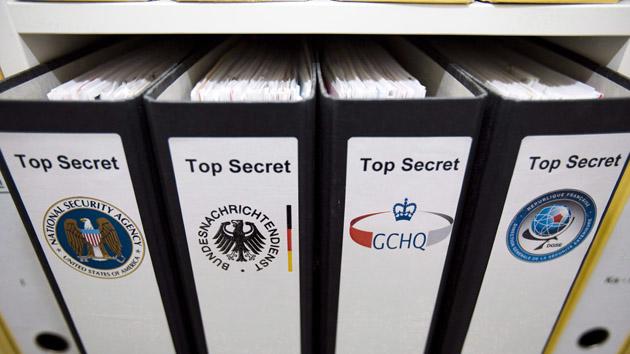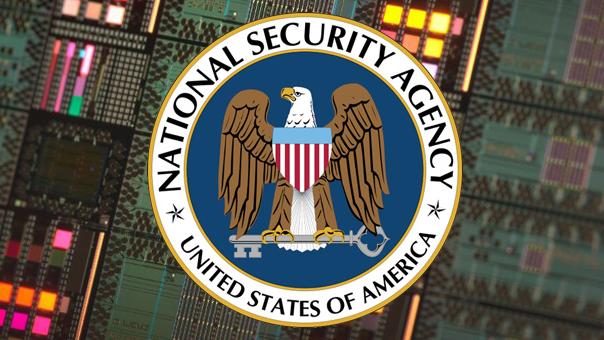glenngreenwald
Latest

The Intercept is opening up access to the Snowden archive
Nearly three years after Edward Snowden first exposed the NSA's PRISM electronic data mining program, and his trusted journalist partners are finally ready to bring even more of those documents out into the open. Today, The Intercept announced two initiatives to further that goal: First, the site is releasing a cache of internal NSA documents that it believes will point other journalists towards noteworthy stories. And second, The Intercept will partner with other national and international media outlets to allow access to the sensitive documents in its possession.

US military bans staff from reading a site devoted to leaks
Glenn Greenwald and Laura Poitras launched their own news site, The Intercept, to post high-profile leaks without worrying about the hassles that can come with publishing through major media outlets. They don't have to worry that an outside editor will put the kibosh on an Edward Snowden story due to government pressure, for instance. However, that isn't precluding officials from doing what they can to limit access. The US military has issued directives that ban staff from reading The Intercept due to the classified material that frequently pops up, particularly from a new reported leak source. Workers caught browsing the content might face "long term security issues," one such memo warns. And that's if they can read it at all; people in multiple military branches say the site is blocked altogether.

The United Kingdom can manipulate major communication services, from Facebook to phone calls
British intelligence agency GCHQ is able to not just monitor, but also modify many of the world's most widely-used communications services: Facebook, YouTube, and phone calls are just a few of the services affected. The Intercept revealed the documents today (which can be read here), continuing reporter Gleen Greenwald's year-plus of working with whistleblower Edward Snowden on exposing the clandestine surveillance tactics of the United States and Britain. So, what exactly can the GCHQ do to these communications services? Beyond monitoring, of course; it's already been revealed that the GCHQ is doing that.

An avalanche of new Snowden documents will go online next week
Scroll to the bottom of Glenn Greenwald's blistering response to recent remarks by just-retired NSA chief Keith Alexander, and you'll find some very interesting news indeed. Greenwald, who shared the Pulitzer Prize for his coverage of Edward Snowden's NSA surveillance revelations, says he plans to publish previously unpublished NSA documents online next Tuesday, May 13th, with free access. The timing, it should be known, is not a coincidence: Greenwald's book, No Place to Hide, comes out that day. In fact, the documents that going online next week are ones he mentions in the book, but which weren't previously reported in the press. So, if you were expecting the entire trove to go public (and even Snowden has advised against that), you might still be disappointed. But if you've been following this Edward Snowden-NSA-Big Brother saga closely and have an appetite for even more revelations, you'll want to mark your calendars (and pre-order Greenwald's book, if we're correctly reading between the lines). Image credit: U. Baumgarten via Getty Images

Snowden leaks and NSA reporting win Pulitzer Prizes
Both The Guardian and The Washington Post were announced as Pulitzer Prize winners today in the public service category. The prizes were awarded for The Guardian's Edward Snowden work, which revealed dozens of details about the United States government spying on citizens the world over, and for Washington Post's ongoing National Security Agency coverage, which uncovered Prism and myriad other surveillance overreaches. Of the 14 awards given, only two were given for reporting on NSA surveillance and Edward Snowden's leaks.


